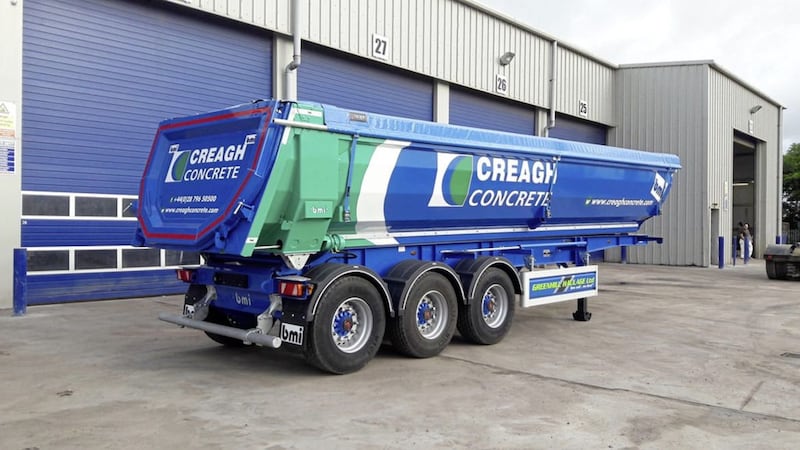MANY business leaders in Ireland ‘call a spade, a spade’ and therefore often won’t make a purchase unless they understand its uses and benefits. They also use phrases common within an industry, but not always to the target market.
Eventually those words or phrases are picked up and become the common vernacular for a product or service. Cloud is one of those words, and now the term - ‘hybrid cloud’ is following close on its heels. And while hybrid cloud might be confusing as a descriptive product phrase, it’s a solution that may interest many people and be a perfect fit for many Irish businesses today.
So what is a hybrid cloud?
I remember when my children used to sit at home doing homework and trying to figure out how to spell a word. There teachers always said, “Break it down, part by part, and it will be easier to figure out.” And hybrid cloud, broken down into two words, is easily deciphered.
But what do these two words really mean when they sit side-by-side, and why is hybrid cloud such an important evolution in data storage? A hybrid cloud is the combination of public and private clouds; Not to be confused with a hybrid on-premise/cloud IT infrastructure platform that won’t be discussed in this article.
A hybrid cloud could also be two public clouds that share a connection, a community cloud and a private cloud, or any other mixture of cloud technology that brings two or more cloud setups together and allows them to “communicate” with each other.
Originally, hybrid cloud solutions were brought to the market as a launching pad for switching IT to either a private or public cloud. Today, however, because of the setup and location of many Irish SMEs and the current communication infrastructure that serves them, more businesses are interested in keeping the hybrid cloud solution as a complete solution.
Companies are interested in hybridisation because it’s highly flexible. They can keep sensitive information in their private cloud while placing more routine, peripheral activities in the public cloud, thereby freeing up even more space in their onsite data storage systems. At face value, the concept of a hybrid cloud seems simple; however, in practice, the application of the solution is much more complex.
Hybrid clouds are extremely efficient if set up appropriately. They provide easy scalability, improve disaster recovery capabilities, allow organisations to efficiently manage network assets, and deploy new applications or functionality quickly. Hybrid is also cost-effective once the technology is up and running.
Although there are always concerns about security in the cloud, hybrid cloud technology allows organisations to effectively manage private and non-private information between the cloud solutions available.
The hybrid cloud is no longer just an alternative for businesses that can’t afford to invest in an on-premise server setup. Instead, it is a highly sought-after solution that allows small, medium, and large companies to set up networks in an efficient manner.
The deployment of a hybrid cloud requires a high level of skill with migration and integration challenges, as with any other network changing solution. Everything must be carefully connected to account for company routing, firewalls, and bandwidth considerations, especially important in today’s world of BYOD and a remote workforce.
Once the hybrid cloud is put in place, companies still face certain challenges with user adoption and modifying the cloud for individual processes. All of these challenges have solutions, but the solutions aren’t easily understood and may require additional help and advice from outside the company, even companies with internal IT departments.
Although the hybrid cloud solution offers exceptional value, many companies are still apprehensive about taking the leap and moving to this new technology.
Companies that start the transition to a hybrid cloud setup should never be afraid to ask as many questions as needed to understand the solution. Hybrid cloud setups are popular in many businesses for a reason, and they can transform the way data is currently managed. Great for at-home and remote workers, the hybrid cloud is an often misunderstood solution that could provide incredible value to a variety of companies.
My suggestion is - if marketers and technology specialists would only focus on making cloud technology more understandable for the layman, they might be able to better reach the market that can benefit the most from the hybridised solution.
:: Trevor Bingham (editorial@ itfuel.com) is business relationship manager at ItFuel in Craigavon. Follow them on Twitter @itfuel.








